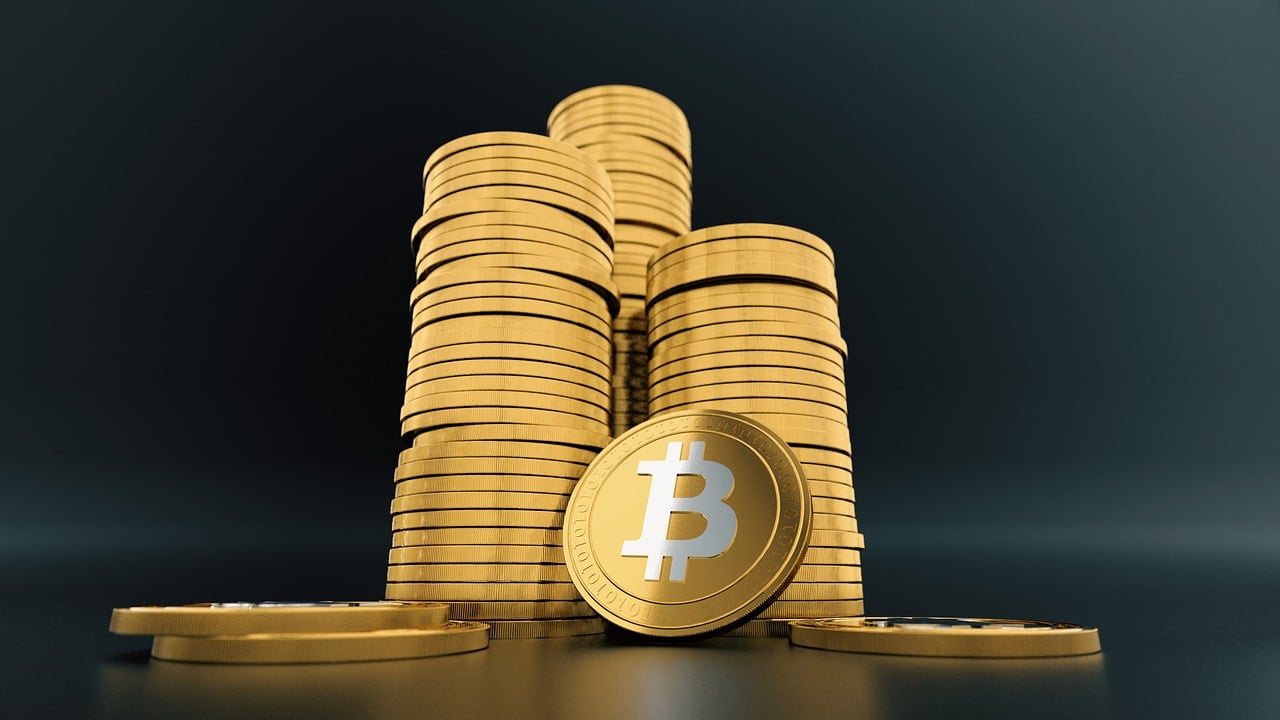Nearly ten years after the initial set of Bitcoin exchange-traded funds (ETF) proposal, the SEC has finally given its nod to 11 spot Bitcoin ETFs, clearing them to be listed and traded on the NYSE Arca exchange, the Nasdaq stock exchange, and the Cboe BZX exchange.
The approval came on Wednesday amid warnings from some government officials of the many alleged ‘risks’ of ETF products, signaling that the products are ready for listing on US stock exchanges. The approved ETF products started trading on Thursday, offering a safe avenue for skeptics to trade Bitcoin-based funds on the stock exchange for the first time.
In a statement announcing the mass approvals, the SEC chose BlackRock (BLK.N), Ark Investments/21 Shares (ABTC.S), Fidelity, Invesco (IVZ.N), and VanEck as the issuers approved to get some 11 ETF products on different stock exchanges in the United States.
Rumors of approvals for 11 spot Bitcoin ETFs originated when an unauthorized individual took to SEC’s official Twitter handle to announce fake approvals. The genuine nod from SEC came a day later.
What are Spot Bitcoin ETFs?
Spot Bitcoin ETFs are an investment vehicle for tracking Bitcoin’s performance without acquiring the cryptocurrency. It’s like a way to benefit from the price movements of Bitcoin without actually buying the crypto, but rather by holding ETF stocks on a stock exchange.
When an investor buys a share in a spot Bitcoin ETF, they purchase shares in a Bitcoin pool by the ETF issuer, which ties the fund’s price to the price of Bitcoin. When Bitcoin’s value shrinks, the value of the issuer’s Bitcoin pool shrinks, making each ETF share worth less and the other way around.
While it may be a bit challenging to sell the idea of holding Bitcoin ETFs to crypto fans, investors with little trust in the decentralized system of cryptocurrency administration will likely fall in love with it. So, the financial industry expects the approvals to drive a new wave of widespread crypto adoption.
It Has Been Too Long
Proposals of a spot Bitcoin ETF aren’t new. Over ten years ago, Gemini co-founders Tyler and Cameron Winklevoss proposed the idea, but admittedly to a less mature market with relatively low adoption. A lot has changed since then, and Bitcoin exchange-traded funds became relevant as a concept over time.
With exchange-traded funds in the United States worth an estimated $6.5 trillion, Bitcoin ETFs would be looking to get a piece of the pie, further cementing cryptocurrencies as an asset class that has come to stay. As of press time, the market capitalization of Bitcoin is just below $1 trillion.
What Should You Expect?
Spot gold ETFs broke onto the stock exchange in 2004, and in a matter of years, the overall market capitalization of gold ballooned. Experts expect a similar effect with Bitcoin and Bitcoin ETFs.
With Bitcoin already showing gains since rumors of the approval started to surface, the cryptocurrency will likely continue on the same trajectory, gaining even more once investors start actively jumping onto the Bitcoin ETF train.
What This Means for Investors
For one, Bitcoin ETFs will expand the pool of investors in the cryptocurrency, as individuals with relatively non-tech-savvy can now trade assets tied to the value of Bitcoin without having to undergo the (technical) process of setting up and maintaining a cryptocurrency wallet.
With Bitcoin-based funds now trading on top stock exchanges in the United States, the unfavorable outlook of cryptocurrency will likely dwindle among US investors. It takes a certain degree of legitimacy to obtain SEC approval for an exchange-traded fund, and Bitcoin ETFs will lend some of their legitimacy to the cryptocurrency itself.
A combination of these factors will likely drive unprecedented mainstream adoption of Bitcoin and its exchange-traded funds, as many large-scale investors scared of regulatory hurdles can now be confident that there’s at least a Bitcoin-related product with full SEC approval.
Spot Bitcoin ETFs further indicate how much Bitcoin has evolved as a digital currency. With mainstream adoption, governments worldwide will finally wake up to the promise of recognizing and regulating Bitcoin locally as an asset class.








